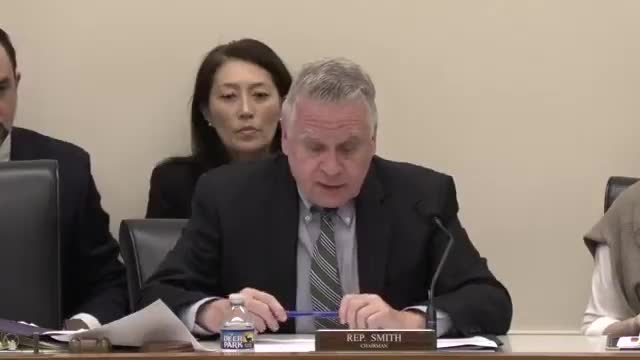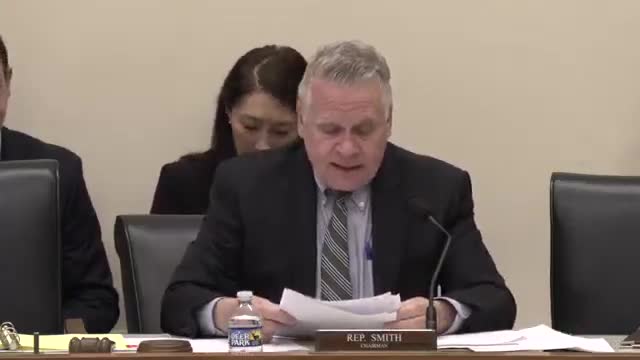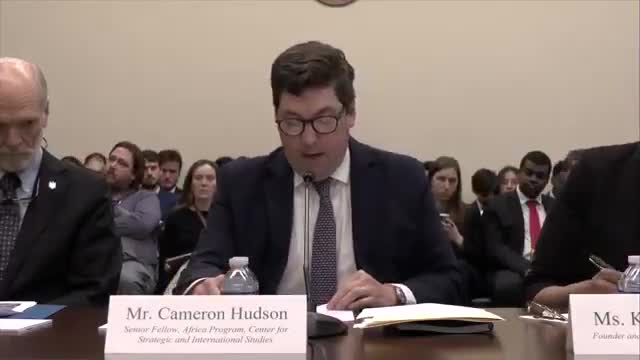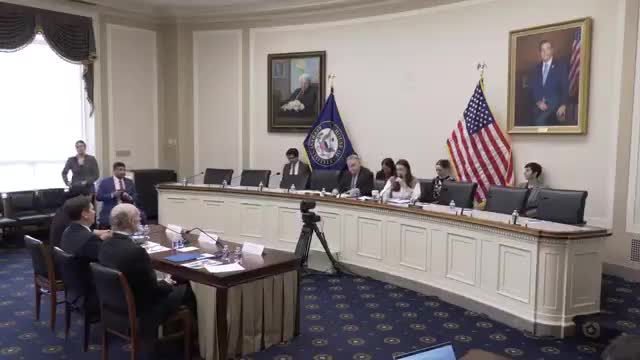Article not found
This article is no longer available. But don't worry—we've gathered other articles that discuss the same topic.

Lawmakers Press for High-Level U.S. Envoy, Consider Blocking UAE Arms Sales to Curb Sudan Violence

Panel Debates Accountability Options for Sudan; ICC Indictments and Local Trials Discussed

House Panel Highlights UAE, Regional States and Gold Trade as Fuel for Sudan’s War

